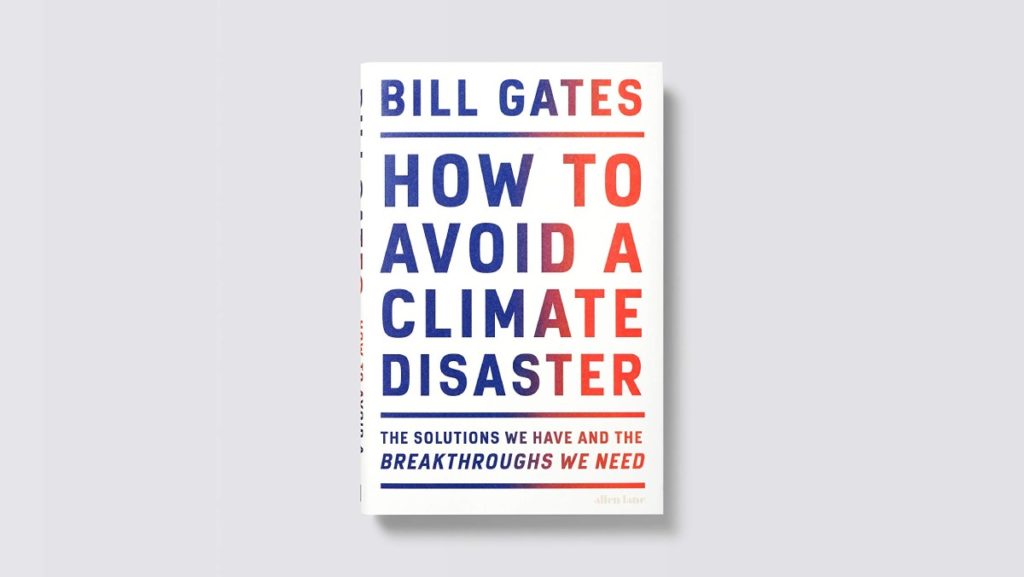If there is anything worth giving Bill Gates credit for — forget momentarily the pain of giving credit to ultra-billionaires during the worst economic downturn since the Great Depression — it is his general commitment to the well-being of the planet. He’s not concerned with turning an unhinged childhood fantasy of terraforming Mars into a reality, laughing like Lex Luthor in a robot suit or shifting blame for ruining the integrity of global democracy. Gates’ new book, “How to Avoid a Climate Disaster: The Solutions We Have and the Breakthroughs We Need,” proves the Microsoft Corporation co-founder is somewhat on the side of the people, despite his $137 billion net worth suggesting otherwise.
He will never be among those unfortunate enough to experience the sting of climate change, so hearing him out is a hard enough task. But once all of that is suppressed, Gates proves that he understands and wants to be part of the solution.
“How to Avoid a Climate Disaster” accumulates a decade of Gates’ climate research and explains its findings with an optimistic yet technocratic edge. Gates is honest about the path forward on climate change — it won’t be easy, but it can be done. His writing doesn’t deny any science either. In order to prevent climate destruction, net zero carbon emissions must be reached. Not 50%, not 10%, but zero. And this must happen by 2050.
So that readers can properly visualize what this looks like, Gates creates an excellent analogy at the beginning. A bathtub is filling up with water. We can slow the speed it’s filling by reducing carbon emissions to buy time, but eventually, by 2050, the bathtub will overflow, creating a climate disaster.
Gates knows what he’s talking about, and the way he describes the solutions that technology has are not just hopeful but exciting. While we currently do not have batteries powerful enough to store solar energy for entire cities of a million people, we have other creative ways to get there. And we will, Gates assures readers. Gates’ viewpoint, while not factually incorrect, does come from a very Silicon Valley school of thought among the climate movement. This belief says that technology will be the messiah to prevent destruction.
One of the biggest concerns readers may have with “How to Avoid a Climate Disaster” is that Gates’ proposals might only concern ensuring the planet’s survival and not worry about addressing job loss, poverty and social issues that climate change exacerbates. But Gates is a humanist, or at least almost one, and he writes with empathy for people in poverty and their relationship with climate change.
“As people rise up the income ladder, they do more things that cause emissions,” the book states. “This is why we need innovations— so the poor can improve their lives without making climate change even worse. The cruel injustice that even though the world’s poor are doing essentially nothing to cause climate change, they’re going to suffer the most from it.”
He does not, however, address the political disaster that is climate policy with enough force. He instead opts for delicate neutrality, afraid to shake the tree and get things moving. But for elites like Gates, the days of bipartisanship are over. It is now clear that there is only one way forward — holding politicians accountable at threat of losing re-election, forcing them to take no half-measures and grinding through the partisan gridlock. If Gates, who has never endorsed a political candidate before, wants to remain in bipartisan bliss, fine.
Gates’ book is rooted in science and is a great way to conceptualize climate change. It is well thought out and appropriately concerned with what the future holds, while using a glass-half-full tone. However, at the end of the day, the greed of the business world got everyone into this mess. Bill Gates, his book and his billions will not get everyone out.














